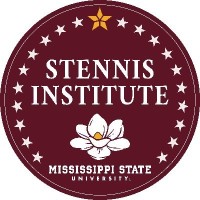
1000 Friends of Oregon
If you've ever picked fruits or vegetables on Sauvie Island or in the Hood River Valley, experienced the unspoiled majesty of Smith Rock or the dunes at Cannon Beach, or enjoyed one of Oregon's world famous wines, then you've personally experienced the benefits that land use planning has brought to Oregon. If not for land use planning, many of Oregon's most productive and beautiful rural areas would be overrun by sprawl. Or if you've ever enjoyed a day walking and shopping in a thriving downtown or business district in any of Oregon's communities – from Eugene and Portland to Bend, La Grande and Ashland – you've seen what the land use system can do for our cities and towns, too. The 1973 passage of Senate Bill 100, which created our innovative land use planning system, was one of Oregon's great bipartisan political achievements. As historic as that effort was, Governor Tom McCall understood that, to be successful, Oregon needed a citizen watchdog group to ensure that local decisions reflected the voices of Oregonians and not those of special interests. So Governor McCall, along with a young lawyer named Henry Richmond, created 1000 Friends of Oregon. Oregonians had a new champion to fight for them. Since 1975, 1000 Friends of Oregon has defended productive Oregon landscapes and the families they support, while promoting the qualities community, economy, and environment that have made Oregon such a special place to live. 1000 Friends has been there every step of the way. We've been doing it for fifty years and we'll be at it for at least fifty more. No other organization does what we do for Oregon.






